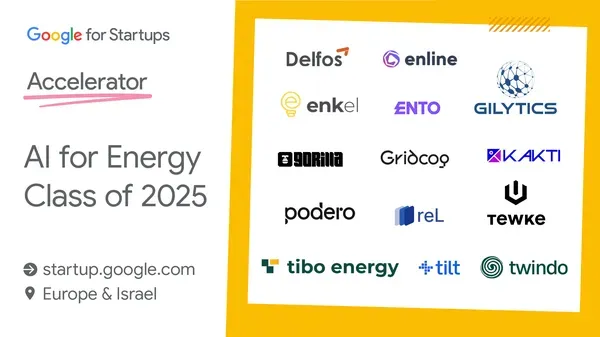Switzerland just threw down the gauntlet in the global AI race. The country launched Apertus, a fully open-source language model designed to directly compete with OpenAI's ChatGPT and Anthropic's Claude. Unlike its proprietary rivals, Apertus makes its entire development process transparent—from source code to training data—setting a new standard for government-backed AI initiatives worldwide.
Switzerland just redefined what government AI leadership looks like. The country's surprise launch of Apertus—Latin for "open"—sends a direct challenge to the closed-door development approach dominating Silicon Valley. While OpenAI and Anthropic guard their training methodologies like state secrets, Switzerland is betting on radical transparency.
The timing couldn't be more strategic. As US tech giants face mounting pressure over their training data practices, Apertus emerges as the ethical alternative. The model was "designed to set a new baseline for trustworthy and globally relevant open models," according to the technical report published alongside the launch. This isn't just academic positioning—it's a direct shot at the opacity plaguing current AI leaders.
Apertus delivers serious technical credentials to back up its philosophical stance. The model comes in two configurations—8 billion and 70 billion parameters—putting it in direct competition with Meta's Llama 3 series. Training across more than 1,800 languages positions Apertus as potentially the most linguistically diverse large language model ever released. That scope dwarfs most commercial alternatives, which typically focus on major global languages.
The model's development process reads like a masterclass in regulatory compliance. While companies like Perplexity face scrutiny for alleged "stealth-crawling" practices, Apertus developers meticulously adhered to website opt-out requests and EU copyright frameworks. This approach directly addresses the legal minefield that's ensnared major AI companies in recent months.
The broader implications extend far beyond Switzerland's borders. European regulators have been pressuring tech giants to comply with the continent's AI governance framework, with mixed results from US companies who claim regulations stifle innovation. Apertus proves that compliance doesn't require sacrificing capability—a lesson that could reshape industry practices globally.












